The Women Running the Nigerian Music Scene in 2025
For years, the global conversation around Nigerian music was framed by the men who carried Afrobeats to the world. But something shifted. Not with noise or neon-lit declarations, but with an unbothered confidence that moved like a tide persistent, inevitable, and quietly rebellious. By 2025, the most compelling, globally resonant, emotionally honest Nigerian music was being made by women. And the world was paying attention.
From Lagos to London, Coachella to Kigali, you could feel it: Nigerian women weren’t asking for space in the music scene they were owning it. Not as a trend or token achievement, but as a cultural re-centring. The feminine voice in Nigerian music has evolved from background harmony to its current form leading, directing, reshaping, and expanding what the Nigerian sound even means.
This isn’t a “women are rising” story that would imply they’re still climbing. This is a story of women running the scene, setting the pace, and redefining artistry at a moment when Nigerian music is under the world’s microscope.
The Shift: From Spotlight to Steering Wheel
The early 2010s planted the seeds a time when women in Nigerian music had to prove they deserved the mic. The industry gatekept, the audience second-guessed, and recognition came wrapped in qualifiers like “female artiste of the year,” as if gender disqualified them from the main conversation.
Fast-forward to 2025, and the landscape looks different. Nigerian women aren’t only charting; they’re curating sound, identity, mood, and emotion. They’re not following the Afrobeats template they’re bending it, blending it, and in some cases, discarding it entirely to build new sonic worlds.
The power shift didn’t happen with a single viral moment. It unfolded through consistency, cultural clarity, and a refusal to be boxed. The result? A new era in which women are the architects of Nigerian sonic evolution.
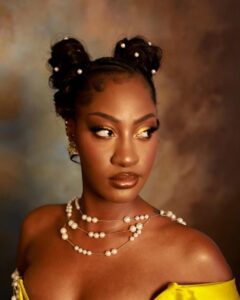
Tems — The Global Disruptor
Tems didn’t just crack the global market she changed its expectations. Her sound, rooted in soul and alternative sensibilities, broke the idea that a Nigerian artiste needs heavy drums or dancefloor-ready rhythms to connect worldwide. Tems made stillness loud. She made vulnerability a flex.
Her Grammy and global collaborations weren’t the point they were proof. Tems re-defined what global success looks like for a Nigerian artist, especially a woman. She didn’t blend into the international scene; she made the scene come to her frequency. Tems unlocked a pathway for quieter, moodier, emotionally intelligent Nigerian music to travel and others are now walking it unapologetically.
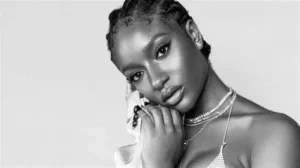
Ayra Starr — The Gen Z Vanguard of Cool
Ayra Starr embodies everything the new Nigerian pop culture moment is: feminine, unfiltered, playful, expressive, self-authored. If Tems opened the door for alternative expression, Ayra ran through it in platform boots and left it swinging behind her.
She isn’t just the sound of the new generation she’s the energy. Ayra’s music balances confidence with softness, heartbreak with humor, and global pop sensibility with West African spice. She carries Lagos youth culture in her cadence and global-stage presence in her craft. With every drop, Ayra Starr reminds the industry that Nigerian music doesn’t need to mimic Western pop, it is pop.
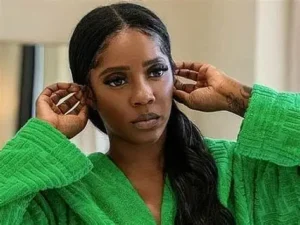
Tiwa Savage — The Pioneer Who Refused to Shrink
Before the world was ready to take Nigerian women in music seriously, Tiwa Savage held the line. She endured the scrutiny, the online policing, the double standards, and the patronizing “first lady of Afrobeats” tag yet remained a pillar.
Tiwa didn’t just open doors; she held them open long enough for the next generation to walk through without negotiating their validity. Her legacy is larger than her catalogue it’s in her resilience, her intentional evolution, and the fact that she never diluted her identity to be palatable. If today’s female artistes walk with ease, it is partially because Tiwa walked through fire first.
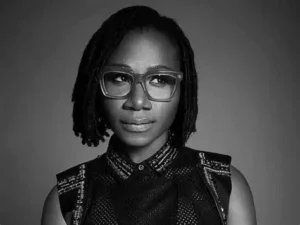
Asa — The Blueprint of Sonic Femininity
Long before Afrobeats became a global passport, Asa was crafting music that travelled through emotion rather than hype. She built her universe outside the noise an introspective, poetic, musically rich world anchored in authenticity.
Asa is the quiet architect of modern Nigerian alternative music. She proved that Nigerian music could be tender, philosophical, and timeless and that femininity didn’t need to be loud to be powerful. Her influence lives in the artistry of today’s most thoughtful Nigerian musicians, whether they acknowledge it or not.
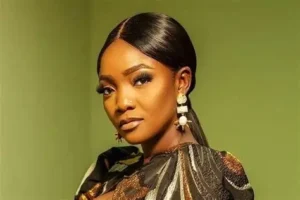
Simi — The Storyteller with Emotional Architecture
Simi is a narrative builder. Her songwriting doesn’t just tell stories, it holds them, shapes them, and gives them emotional architecture. She humanized love, womanhood, conflict, longing, and domestic life with precision and softness.
Simi’s contribution lies in how she normalized emotional honesty for Nigerian pop. Her lyrics weren’t crafted for virality they were built for resonance. In an industry often obsessed with vibe, Simi protected the craft of writing. She made sensitivity a strength, not a weakness.
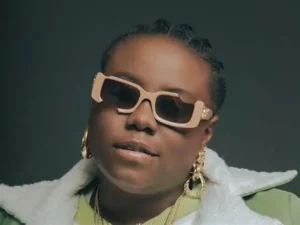
Teni — The Joyful Non-Conformist
Teni’s arrival disrupted the industry’s narrow expectations of femininity. She didn’t present as what the industry had been conditioned to accept, and she refused to shrink or adjust herself to fit pre-approved aesthetics. Instead, she led with talent, charisma, and personality.
Teni brought humor, bold storytelling, and a liberated approach to her music. She carved space for women to exist outside of the male-designed “pop princess” template. In doing so, she expanded what female presence in the industry could look and sound like.
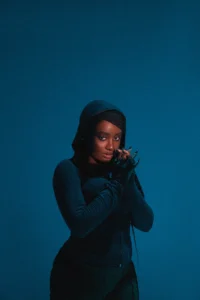
Bloody Civilian — The Alt-Scene Provocateur
Bloody Civilian represents the new school of sonic rebellion. Her music feels like a refusal, a refusal of predictability, of genre cages, of silence. She approaches storytelling with an edge that is sharp, socially aware, and intentionally unsettling when necessary.
She is proof that Nigerian women aren’t here only to thrive within the established system, some are here to disrupt it entirely. Bloody Civilian doesn’t chase universality; she creates her own lane and dares listeners to meet her there.
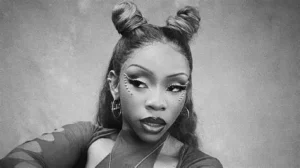
FAVE — The Soft-Power Pen
FAVE writes with emotional intuition the kind that sits in your chest long after the song fades. Her melodies move lightly, but her words land with weight. FAVE represents the school of artists who understand the power of subtlety.
She doesn’t force moments; she lets them breathe. And in a scene that rewards volume, FAVE shows that softness isn’t a disadvantage; it’s a strategy.
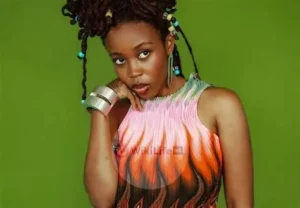
Lady Donli — The Alté Culture Architect
Lady Donli isn’t just a musician; she’s a cultural mood board. A bridge between alté’s earlier wave and its current evolution, Donli carries the ethos of creative independence and experimentation.
Her music, spirit, and community-driven approach influenced a generation of alternative artists who now see self-definition as a starting point, not an end goal. Donli didn’t just participate in alté, she shaped its language, its direction, and its confidence.
A Feminine Era, Fully Realized
By 2025, the presence of women in Nigerian music is no longer a section, it’s the centre. These artists are not responding to the male gaze or industry validation; they are defining on their own terms what Nigerian music can feel like, look like, and stand for.
Their impact isn’t only sonic. It’s cultural. It’s ideological. It’s giving young girls not just idols, but blueprints. The Nigerian music future isn’t female because men faded. It’s female because women built something so compelling that the culture had no choice but to shift.
The era we’re living in is not a trend it’s a transition. One that sounds like Tems, Ayra, Tiwa, Asa, Simi, Teni, Bloody Civilian, FAVE, and Lady Donli. Very different women. Very different worlds. But one shared truth:
Nigerian music is richer, braver, and more expansive because of them.

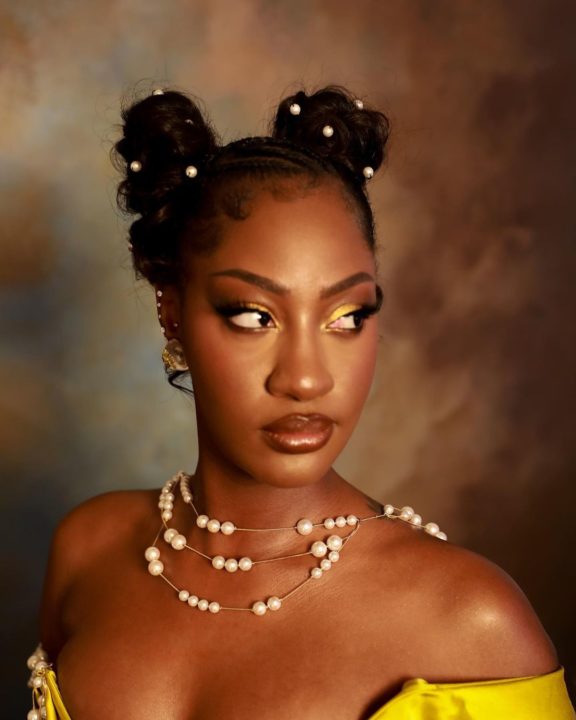
Leave a Reply